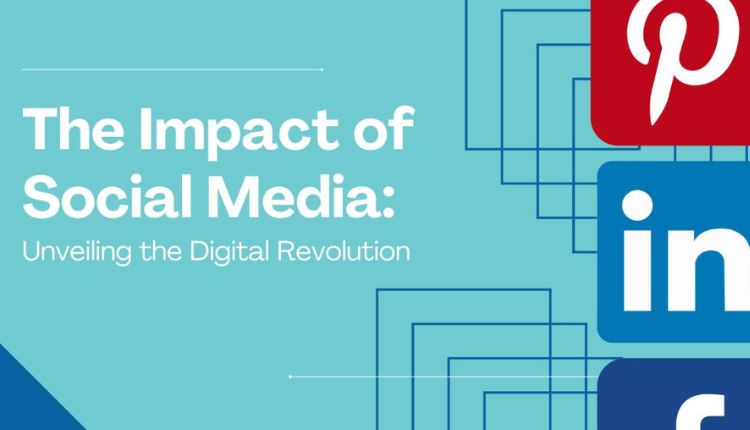Unveiling The Influence Of Social Media On News And Innovations
Social media is a powerful tool that can be used by businesses, individuals, and news outlets to create and share content. It has also shaped the way that we consume news and information. A growing concern is the impact of social media on society. This includes its role in promoting misinformation and echo chambers.
1. Social Media Represents A Wider Audience
Social media offers a unique opportunity for businesses to engage with audiences in real time. Whether it’s to identify customer trends, manage customer service, or promote products and services, savvy brands use the platforms to build trust and lead consumer behavior. These platforms are used by a diverse audience of people from all walks of life and interests. Some are general purpose, while others focus on specific topics like news stories or informational content. The latter often take the form of forums and discussion groups. Examples include Reddit, Stack Overflow, and Digg.
These sites also challenge traditional authority figures, including journalists. For example, the public has contested media coverage of various social events and inserted their own narratives into America’s collective memory. Misinformation spread through social media and YouTube, particularly on the topic of vaccines, has undermined public health campaigns around the world. This trend has heightened the sensitivity of many citizens towards the media.
2. Social Media Represents A More Diverse Audience
In addition to democratizing access to the news, social media is used for a variety of personal and business purposes. For example, many consumers rely on online consumer reviews such as TripAdvisor and Yelp before purchasing goods or services. Businesses also leverage social media for marketing, customer service and networking. A large share of Americans use social platforms such as YouTube, Facebook and LinkedIn. However, the user base of these sites is not representative of all Americans, to know more click here guardian.ng/technology/social-medias-role-in-shaping-news-and-innovations-a-contemporary-perspective/. Those who use these sites are generally younger and more educated than the general population.
This creates challenges for marketers. For example, it is difficult to predict when a new social trend will develop and what content will be most effective at reaching customers. This is why it is important to monitor social trends and incorporate them into a long-term marketing strategy. For example, if a new trend emerges that is a good fit for your company, then you can plan to invest in the creation of relevant content.
3. Social Media Represents A More Diverse Information Source
According to a 2021 survey by Pew Research Center, 84% of adults in the US between the ages of 18 and 29 say they use social media. These user-driven platforms are used for a variety of functions, including connecting to friends and family, sharing opinions and experiences, finding entertainment, advertising businesses and organizations, and more.
Studies on social media have explored a number of topics, including the impact of online community dynamics and the effectiveness of social network communication during natural disasters and critical events. Almost all publications investigating information sharing during these events focus on Twitter data. More recent studies have also looked into the popularity of the aspect of reviews and recommendations on social media. Studies in this area have also found a negative stigma attached to this type of post, especially for people with depression or other mental illnesses. However, some of these studies warn that consumer perceptions could be biased by the particular site in question (Cheung et al. 2012).
4. Social Media Represents A More Diverse Source of Information
Social Media has expanded the way people communicate, stay informed and learn. Platforms such as Facebook Groups unite niche learning communities while influencers distribute tutorial videos to millions. Moreover, global current events and happenings are accessible in real-time through live updates on social media platforms. Whether seeking information about a natural disaster, political unrest or a celebrity breakup, people turn to social media for help. These platforms also enable a sense of community by connecting with like-minded individuals, enabling self-expression and opinion sharing, as well as fostering grassroots movements and civic engagement.
Conclusion
This makes it a key tool for businesses to use in their marketing efforts. Savvy brands understand that their reputation is one of the most valuable assets they have, and they work hard to build loyal and engaged audiences on social media. This helps to increase customer retention and drive sales. Despite these positive impacts, social media has also been linked to negative effects such as spreading false news and misleading information.



